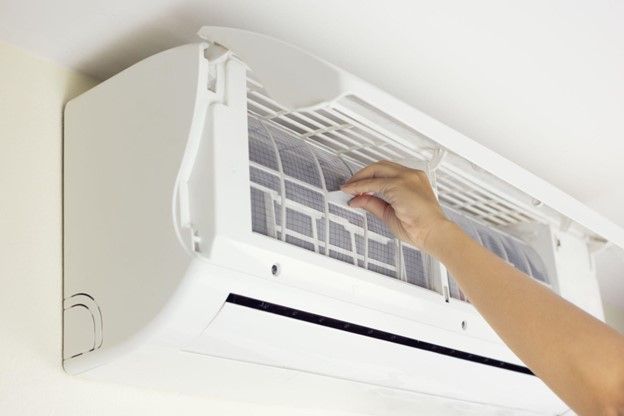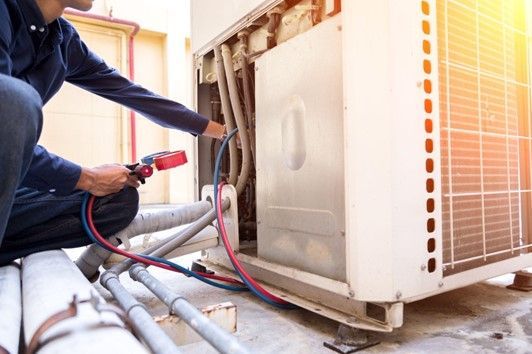3 HVAC Complications in Humid Environments
An HVAC system is necessary to keep your home comfortable in both winter and summer. However, if you live in a humid environment, your system must also work to help reduce moisture in the air. If your system can't do this, many issues can arise. If you want to better protect your home, check out these three HVAC complications you may see in humid environments.
Indoor Humidity
If the air outside is humid, your home is probably humid, especially if your HVAC unit is getting old or hasn't been serviced in a while. During the summer, this makes staying inside your home uncomfortable. To counteract this heat, your body naturally starts to sweat. As the sweat evaporates, it cools your body to prevent overheating.
However, moisture in the air from high humidity prevents this sweat from drying. Not only do you stay hot, but you get sticky too as the sweat stays on your skin. This actually forces your body to work overtime to cool yourself, which only leads to more sweat. This is a miserable condition to live in, especially if your HVAC should take care of the humidity.
One reason your home may be too humid is because your HVAC system is too big. When this happens, the system cycles on and off too frequently to actually remove the moisture from the air. If the system is too small, it simply may not be effective enough to remove all the moisture.
If your HVAC system is the right size, but you still have high humidity, you should consider an HVAC system with a dehumidifier. In some cases, you may even be able to add a dehumidifier to your existing system.
Hidden Mold
Humidity promotes the growth of mold, but some of the mold may be hidden. A HVAC works by circulating air throughout the home via ductwork. If the air traveling via the system has a lot of moisture in it, mold can grow in the ductwork. While you may not be able to see the mold in the ducts, you can smell a musty odor from the vents. You don't want your family to breathe in mold spores.
Mold may also begin to grow on the filter, especially if you neglect to change and clean it regularly. If you use cheap fiberglass filters, they should be changed every 30 days, but higher quality filters may last up to 6 months.
Doing this will not only keep the system more efficient, but you can stop mold growth on the filter and stop the spreading of mold through the system.
Visible Mold
Visible mold can also start to grow as moisture builds. If your windows tend to get foggy a lot, even when the system is working, you have too much humidity. This humidity doesn't just cover your windows with a layer of moisture. It can cover the walls, ceilings, and floors.
Visible mold is obviously easier to spot, but mold doesn't always look the same. Alternaria mold and Aspergillus mold are often found on walls. Alternaria may be black, grey or dark brown with a fluffy texture. Aspergillus can come in grey, yellow, green, white or black. Both can cause allergic reactions after long-term exposure.
Cladosporium mold often grows on fabrics and wood, so you may see a black or olive-green stain on the carpet or wood cabinets. Penicillium also tends to grow on materials like carpets and mattresses. Both Cladosporium and penicillium can lead to allergic complications.
Finally, stachybotrys chartarum usually appears black, which provides its classic nickname: black mold. Black mold is more common in areas with constant moisture, and exposure to the mycotoxins in black mold can lead to severe health problems.
Moisture inside your house is never good, but your HVAC system may not be effective enough to properly remove moisture from the air, leading to discomfort and mold. If you would like to know more about HVACs for humid environments, contact us at C.J. Services Inc.



